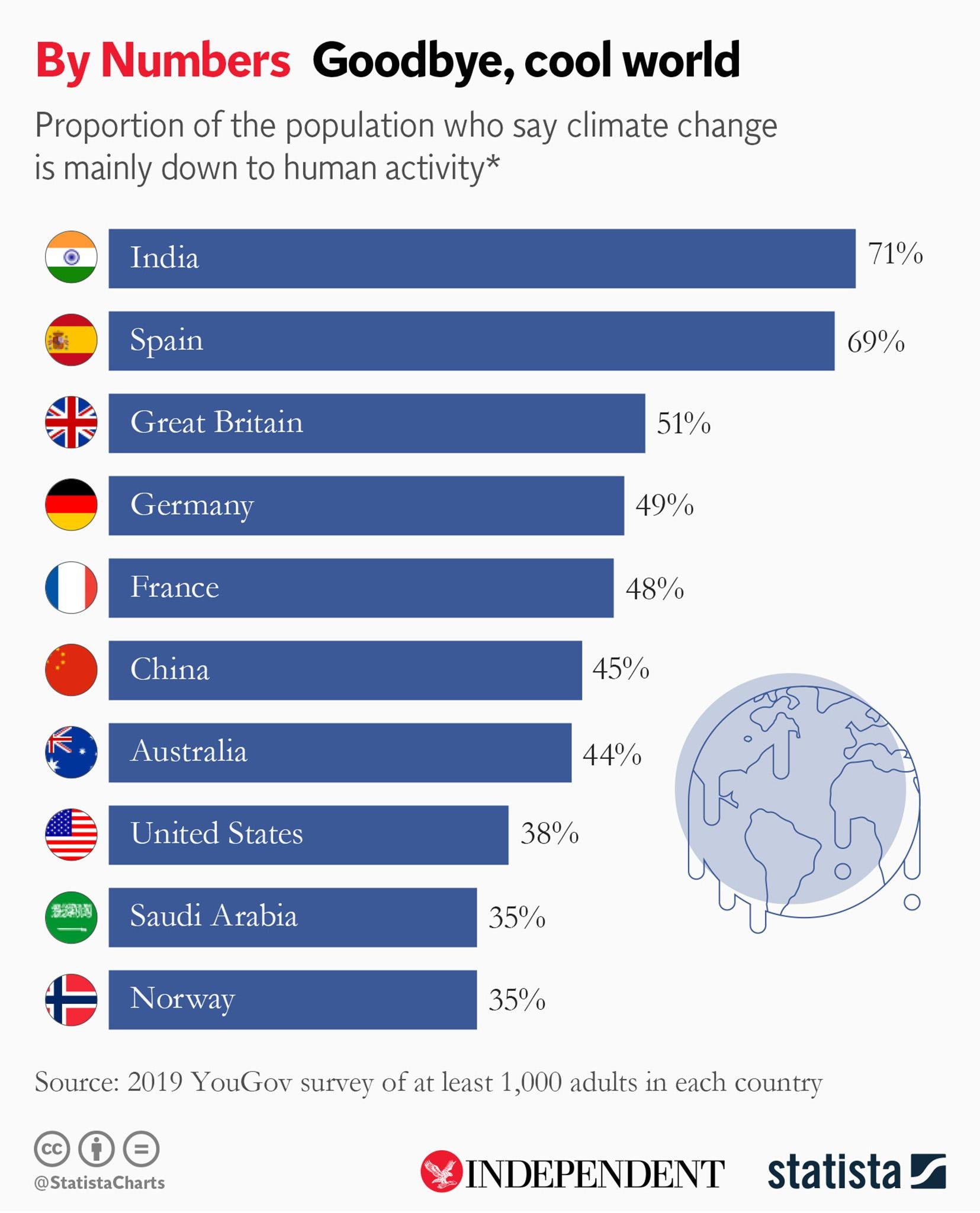Climate change fight should be 'sexy' and 'fun', Japan's new environment minister says
Japan has taken little action on climate change, and its continued use of coal and promotion of coal use in other nations has been widely condemned

Your support helps us to tell the story
From reproductive rights to climate change to Big Tech, The Independent is on the ground when the story is developing. Whether it's investigating the financials of Elon Musk's pro-Trump PAC or producing our latest documentary, 'The A Word', which shines a light on the American women fighting for reproductive rights, we know how important it is to parse out the facts from the messaging.
At such a critical moment in US history, we need reporters on the ground. Your donation allows us to keep sending journalists to speak to both sides of the story.
The Independent is trusted by Americans across the entire political spectrum. And unlike many other quality news outlets, we choose not to lock Americans out of our reporting and analysis with paywalls. We believe quality journalism should be available to everyone, paid for by those who can afford it.
Your support makes all the difference.Japan's new environment minister, Shinjiro Koizumi, pledged on Sunday to mobilise young people to push his coal-dependent country towards a low-carbon future by making the fight against climate change "sexy" and "fun."
Koizumi was speaking on the eve of a United Nations climate summit in New York where activists plan to float a blimp showing prime minister Shinzo Abe emerging from a bucket of coal to protest Japan's pans to build new coal-fired power plants.
"In politics there are so many issues, sometimes boring. On tackling such a big-scale issue like climate change, it's got to be fun, it's got to be cool. It's got to be sexy too," Koizumi told a news conference in New York.
"We are committed to realising a decarbonised society, and we are ready to contribute as a more powerful country in the fight against climate change," he said.
Japanese students in Tokyo were among the millions of young people who took to the streets on Friday to express the fear and outrage they feel over the failure of governments to control greenhouse gas emissions, which hit a record high last year.
Considered a rising star on Japan's political scene, Koizumi, 38, became the third youngest lawmaker to join a post-World War Two Japanese cabinet when Abe announced a reshuffle this month.
The son of charismatic former prime minister Junichiro Koizumi, he is regularly rated by voters as the lawmaker they would most like to see in the top job when Abe steps down.
Although Japan is not due to speak at the climate summit on Monday, Koizumi said he was in New York to learn more about the state of negotiations on global greenhouse gas emissions and meet clean technology companies and Japanese students.
UN Secretary-General Antonio Guterres has told governments they should only turn up to the summit if they came armed with more ambitious plans to cut carbon emissions under the 2015 Paris Agreement to avert runaway global warming.
Guterres has also urged governments not to build any new coal power plants after 2020 - setting him at odds with Japan, which is the only G7 country to be adding coal-fired power generation capacity. Japan's government and banks also play an important role in financing new coal plants elsewhere in Asia.

Nevertheless, Koizumi said he wanted Japan to do more on climate, invoking his country's role in forging the Kyoto Protocol, a climate treaty agreed in the Japanese city of Kyoto in 1997.
"We haven't taken the strong action and powerful leadership since then, but from now on, from today, we want to do more," Koizumi said, without giving details.
Koizumi sparked controversy shortly after being appointed when he told his first news conference that he wants Japan to close down nuclear reactors to avoid a repeat of the Fukushima catastrophe in 2011. Isshu Sugawara, newly-appointed as trade minister, responded by saying it would be unrealistic to rid Japan of nuclear power.
Koizumi reiterated his opposition to nuclear power on Sunday. "I want to realise a society, a country, with no fear about the nuclear crisis," he said. "But it isn't easy, it's a complicated issue. But I'll try my best to reduce the nuclear power in the future."
Reuters
Join our commenting forum
Join thought-provoking conversations, follow other Independent readers and see their replies
79Comments